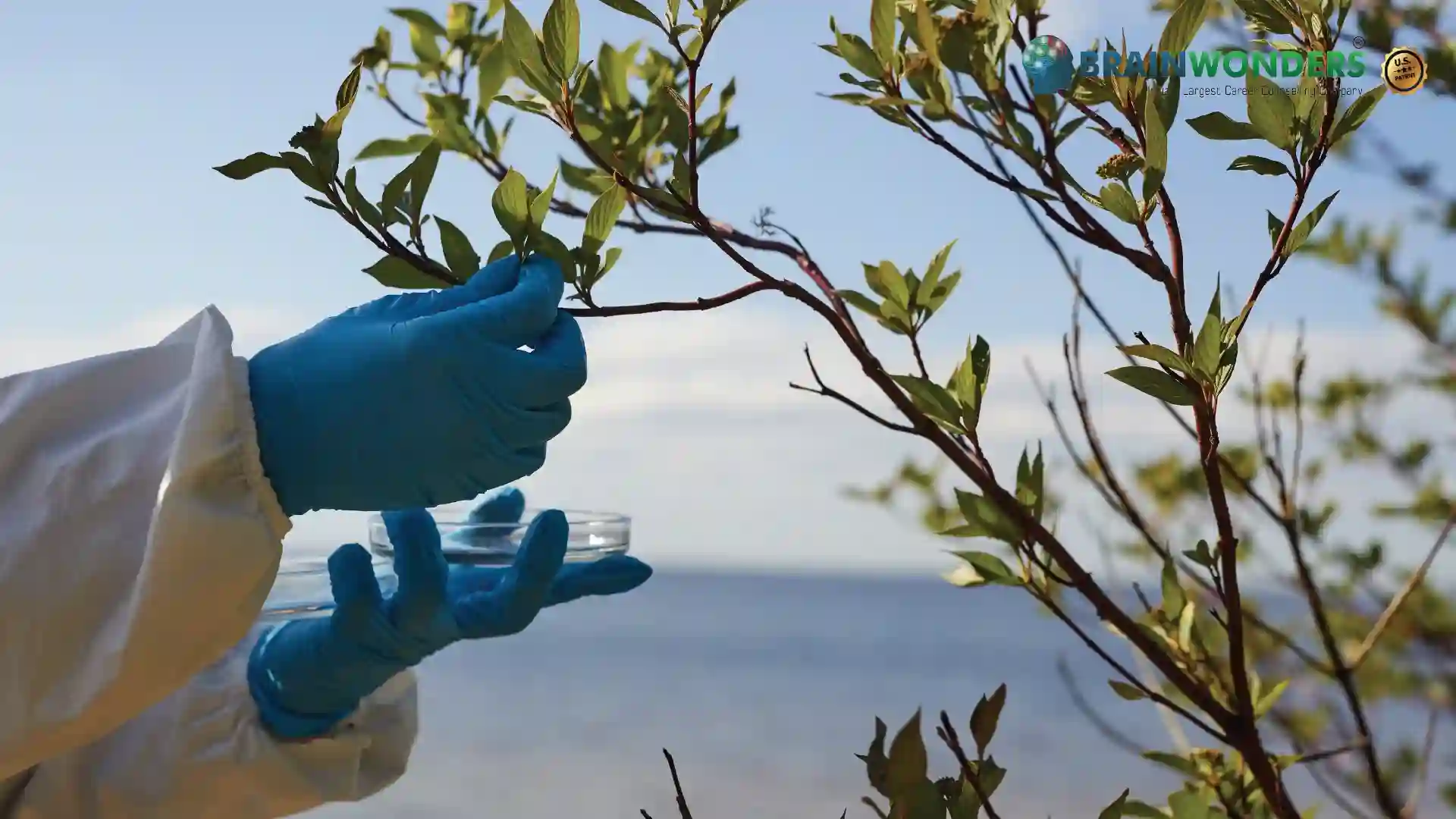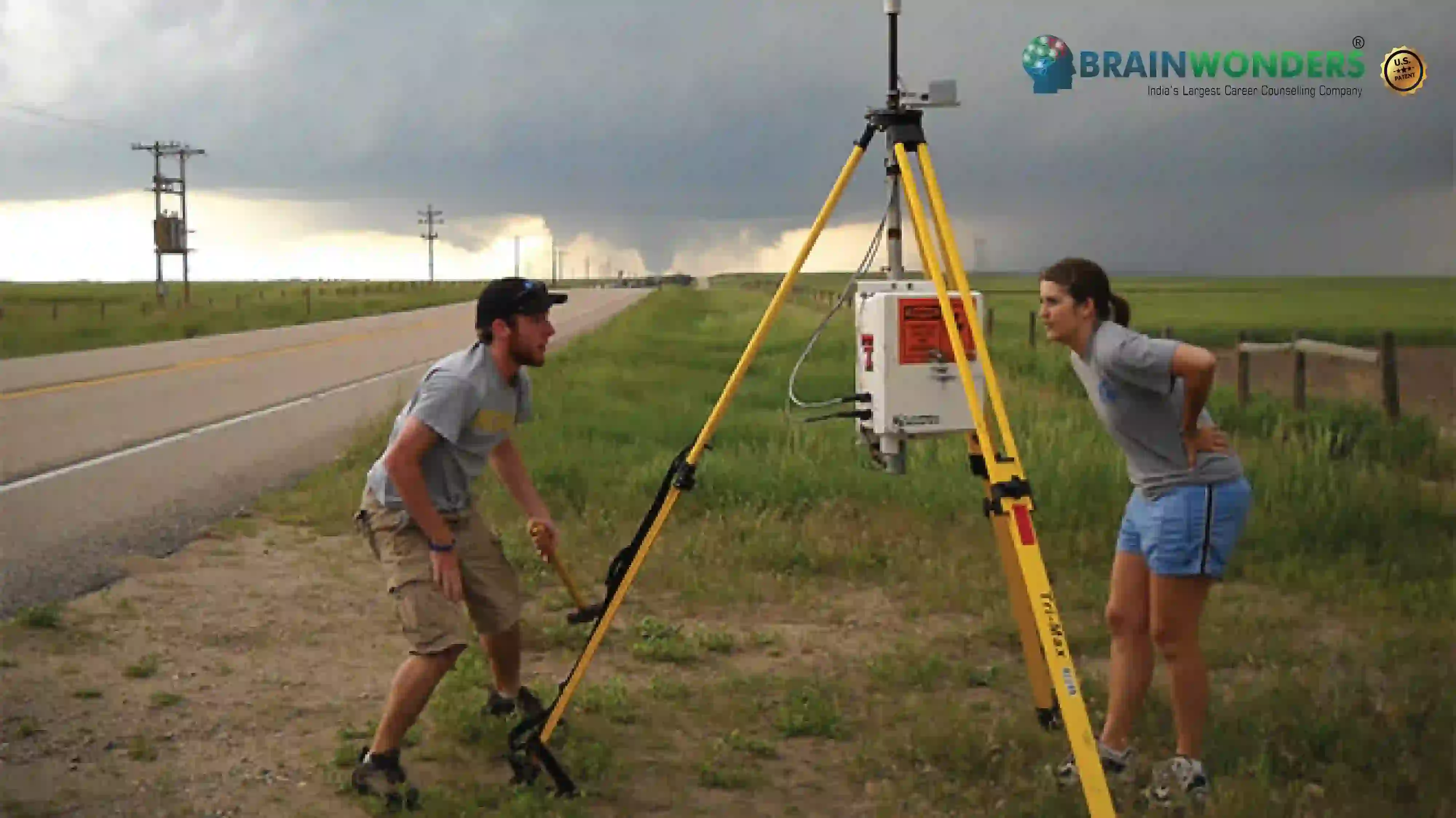How to become a Conservation Scientist
Overview, Courses, Exam, Colleges, Pathways, Salary

Overview
Who is Conservation Scientist ?
A conservation scientist, also called forester, utilizes an educational qualification in science and computer know-how to make progress in protecting and conserving the environment.
Conservation scientists have a key role in how people communicate with the surrounding land. A conservation scientist meaning someone who preserves, manages and improves the natural resources. The general terrestrial quality of gardens, woods and other natural resources is maintained by conservation scientists and foresters.
Typical day at work
What does Conservation Scientist do?
Job description, Profiles, Roles and Duties:
- Supervises forestry and restoration practices to warrant obedience with government and environment preservation regulations
- Discuss forest harvest conditions and land-use agreements
- Prepare forest land and resource management plans
- Oversee lands cleared of forests to make sure that they are apt for future consumption
- Collaborate with farmers, private landowners, governments and others to develop forest land while safeguarding the environment
- Administers forest and management staff and technicians
- Select and arrange locations for new trees utilizing controlled burning, bulldozers or herbicides to clear the land
- Direct and take part in the destruction of forest fires and planting saplings
- Decide ways of eliminating timber with minimal environmental harm
- Monitor how forests regenerate
- Balance attempts to preserve the environment with the need to exploit the land and natural resources
- Cultivate plans to utilize land and other natural resources sustainably
- Develop ideas to protect land and resources
- Assess forestry and soil quality data
- Evaluation of damage to trees and forest land resulting from fires and logging activities
Abilities and Aptitude needed
What are the skills, abilities & aptitude needed to become Conservation Scientist?
- Conservation scientists and foresters need to analyze findings from a number of field tests and studies, many of which need accuracy and precision. To formulate your analyses, you utilize sophisticated computer modelling. A career as a conservation scientist brings together scientific expertise and principles with an aptitude for computer-based software and an appetite for environmental preservation.
- Conservation scientists make use of sound reasoning and judgment to draw inferences. You decide whether your results will affect soil, fire spread and forest lands.
- Conservation scientists generally team up with the forest and conservation staff and technicians they supervise, so effective communication is crucial. Forest and conservation staff and operators, who generally carry out the labour critical for appropriate forest maintenance, need to be given clear directions. You also need to converse efficiently with property-owners, and the common public in some cases.
- Conservation scientists frequently travel long distances in steep and woody regions. They have to work in all climatic situations involving extreme heat and cold and therefore, it will work for their advantage if they possess strong physical endurance.
- Career prospects for individuals who possess a robust understanding of Geographic Information System (GIS) technology, remote sensing, and other software devices will be better.
Pathways
How to become an Conservation Scientist?
Entrance Exam
Entrance Exam for Conservation Scientist ?
Courses
Which course I can pursue?
Best Colleges
Which are the best colleges to attend to become an Conservation Scientist?
Industries
Which Industries are open for Conservation Scientist?
internship
Are there internships available for Conservation Scientist?
Career outlook
What does the future look like for Conservation Scientist?
Conservation scientists usually work in offices, labs, and outdoors, frequently in remote areas performing fieldwork.
Conservation scientist jobs are available in the central, state and local governments, private lands or social advocacy establishments, to decide the best way to protect land in its natural state.
Conservation scientists may also counsel people or institutions about how best to preserve land or make strategies to utilize a section of the property. They are familiar with ecology, preservation, and environmental aspects, and how these overlap with conservation.




